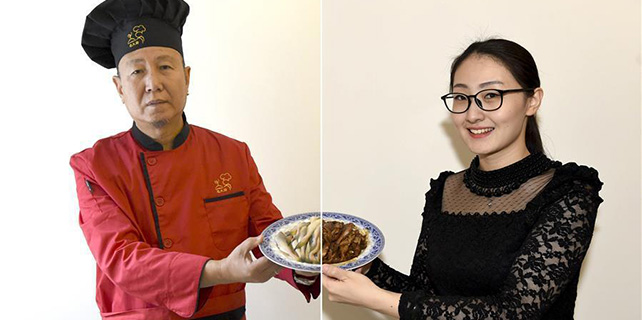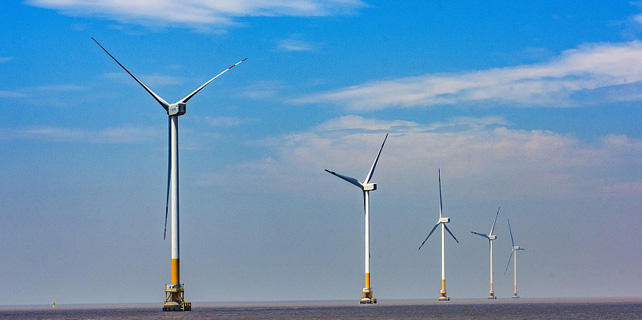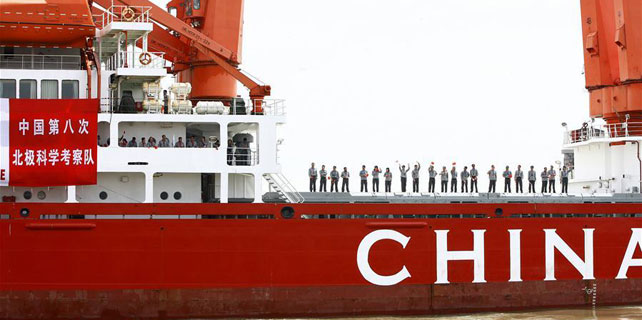Russian aviation industry insiders see great prospects for cooperation
MOSCOW — Russia and China have great potential in cooperation in the aviation and aerospace sector, which contributes to the amplification of economic relations between the two countries and help achieve their bilateral trade goals, Russian industry insiders have said.
"It (Russian-Chinese cooperation in aviation) has longstanding traditions of many years, and we have traditionally supplied aviation equipment to China," Russian Minister of Industry and Trade Denis Manturov told Xinhua at the ongoing 13th MAKS-2017 airshow, which runs from Tuesday to Sunday in the Russian city of Zhukovsky on the southeastern outskirts of Moscow.
Over 790 aviation and aerospace companies from 26 countries and regions are displaying thousands of products and design projects at the MAKS airshow in search of cooperation opportunities, among which Russia-China businesses are deemed with excellent prospects.
Manturov said that the two countries now have two major joint projects. One is intended for producing a heavy-lift civil helicopter which will be developed by the Russian Helicopters company and Chinese institutions, and the other is for developing, designing and producing a wide-body long-haul aircraft by companies of both countries.
"(The new heavy-lift helicopter) will be of mutual benefit for China and Russia and will be widely operated in both countries," said Dmitry Zuykov, head of product marketing of the Russian Helicopters company.
Highlighting that China is one of the biggest markets for Russian Helicopters, Zuykov told Xinhua that currently more than 400 Russian-made helicopters are operating in China for a wide range of civil and military services including transportation of cargoes, passengers, search, rescue and fire-fighting.
"We are going to increase this number and to provide new-generation helicopters for services," he said.
According to Zuykov, the Russian Helicopters company provides China with its best products, including the low-noise MI-8/17 helicopter, the MI-26T helicopter which can carry up to 20 tons of cargoes, and the Ka-32A11BC helicopter for fire-fighting in forests and in cities between high buildings.
Russia's MiG Aircraft Corporation also showed its interest in the Chinese market. The company showcased its latest MiG-35 aircraft for the first time at the MAKS airshow, aiming at finding more potential buyers including China.
"Naturally, we offer this aircraft not only on the territory of India, but also to countries of Southeast Asia, the countries of the Middle East, the CIS (Commonwealth of Independent States) countries, and Latin America... Some 30 countries are our potential customers," MiG Director General Ilya Tarasenko said.
In Manturov's opinion, apart from impelling the development of the entire industry, the expansion of joint aviation projects and relevant businesses also contribute to the promotion of the bilateral economic and trade relations between China and Russia.
"We see positive dynamics this year, and we expect that aviation projects, of course, will provide added value and an additional economic result, which will in general affect our trade relations and bring us closer to the goal of reaching the annual turnover of 200 billion dollars by 2025," Manturov said.
Both the Chinese and the Russian governments are simultaneously working in this direction to facilitate the increasing implementation of the joint projects and boost supply volumes, he said.
On the opening ceremony of the airshow, Russian President Vladimir Putin said that he expected the airshow to help strengthen production cooperation, the growth of international cooperation and the promotion of Russian products in the global markets.
Founded in 1993, the MAKS is a biennial event aimed at displaying Russian aerospace-related high-tech products and promoting business cooperation with foreign partners in the aerospace sector.
The entire event received more than 330,000 visitors in the past five days, according to the Russian Interior Ministry.









